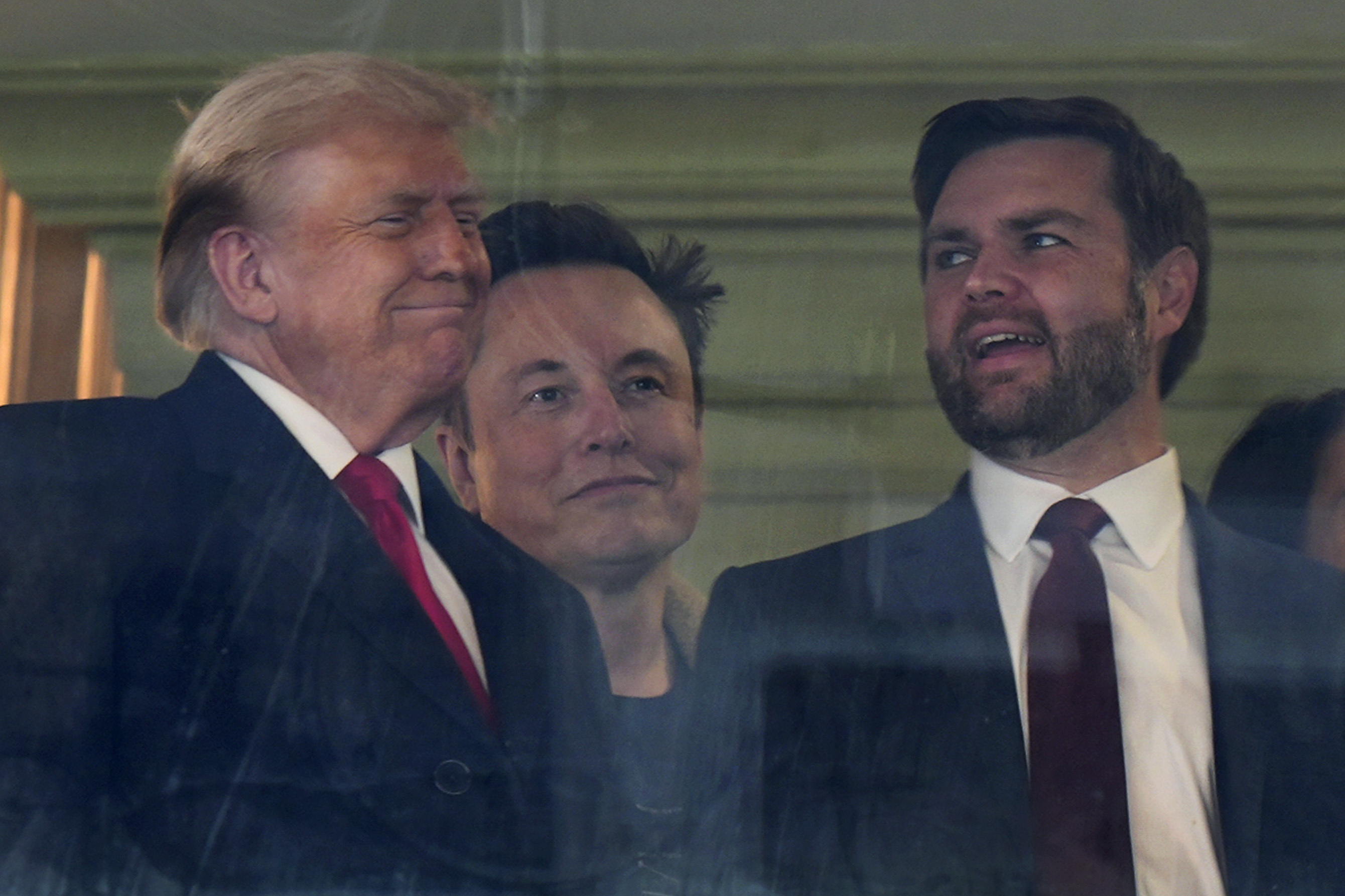What's New
President Joe Biden aims to secure his climate legacy with a new target to cut United States greenhouse gas emissions by more than 60 percent by 2035.
Why It Matters
The announcement comes mere weeks ahead of the conclusion of Biden's tenure, as incoming Republican President-elect Donald Trump vows to dismantle key components of his climate policies.
Biden's new climate target implies a significant shift in the U.S. approach to climate change, focusing on long-term reductions in greenhouse gas emissions.
As the world's second-largest emitter of greenhouse gases, the United States plays a critical role in international climate action. The new pledge reinforces commitments under the 2015 Paris Agreement, which requires nations to update their Nationally Determined Contribution (NDC) every five years to reflect higher ambition.

What To Know
In a videotaped statement released Thursday, Biden revealed a new NDC under the Paris Agreement. The target calls for reducing net emissions to 61 percent to 66 percent below 2005 levels by 2035.
Biden described the proposal as "ambitious," noting that it builds on previous goals to halve emissions by 2030 and achieve net-zero emissions economy-wide by 2050.
"I'm proud that my administration is carrying out the boldest climate agenda in American history,'" he said.
The new target will require transformative changes across multiple sectors.
It mandates rapid expansion of renewable energy sources like wind and solar, stricter emissions cuts in transportation, agriculture, and industry, and substantial methane reductions. Methane, a potent greenhouse gas, must be cut by at least 35 percent from 2005 levels by 2035 under the new plan.
While lauding the ambition, environmental groups caution that achieving these goals will demand significant policy and technological innovation.
Debbie Weyl, U.S. acting director of the World Resources Institute, a global research organization, said the new emissions target is "at the lower bound of what the science demands" but said it was "close to the upper bound of what is realistic if nearly every available policy lever were pulled" in the next decade.
The target also reflects a continuation of global trends. Other nations, including Brazil and the United Kingdom, have already submitted updated NDCs before the next official deadline in February 2025.

What People Are Saying
John Podesta, senior adviser to the president for International Climate Policy, during a press call: "American climate leadership is determined by so much more than whoever sits in the Oval Office." He said climate leadership "happens on the ground in our cities and states, from Phoenix to Pittsburgh, from Boise to Baltimore...I believe that with this new 2035 target as their North Star, leaders across America can show the world that we are still in this fight for a better future."
Manish Bapna, president of the Natural Resources Defense Council, in a statement: "As the world's largest producer of oil, the largest producer and exporter of fossil gas––and the largest historical climate polluter––the United States has an outsized responsibility to press forward in the climate fight no matter the political headwinds."
Trump spokesperson Karoline Leavitt: In his first term, Trump "produced affordable, reliable energy for consumers along with stable, high-paying jobs for small ––all while dropping U.S. carbon emissions to their lowest level in 25 years. In his second term, President Trump will once again deliver clean air and water for American families while Making America Wealthy Again."
What Happens Next
The U.S. Climate Alliance, a coalition of state governors, has pledged to support the new target regardless of federal leadership changes. States like New York and New Mexico are already aligning their policies with Biden's 2035 emissions goal.
However, the incoming Trump administration is expected to prioritize fossil fuel production and withdraw the U.S. from the Paris Agreement. Trump has criticized Biden's climate policies as part of a "green new scam" and signaled plans to repeal aspects of the Inflation Reduction Act, including subsidies for renewable energy projects.
This article includes reporting from The Associated Press.




















 English (US) ·
English (US) ·